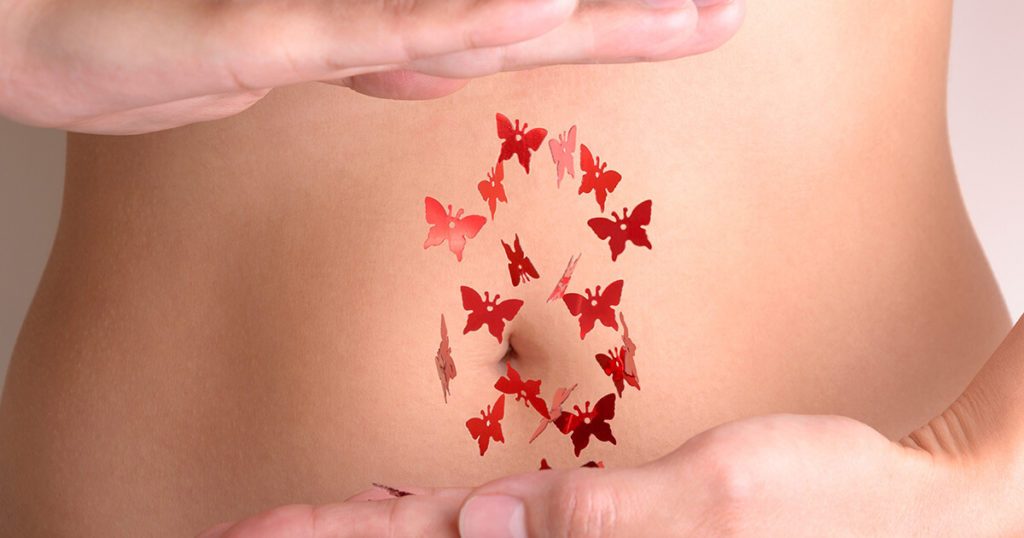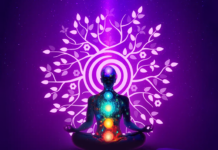Palms sweating. Heart racing. Butterflies.
So, are you waiting for an interview or falling in love??

Credits@GoogleImages
It’s a poetic image: a belly full of glittering monarchs and swallowtails that dismount when your ‘love’ walks into the room: but it is just then a moving metaphor, connecting your mind and body.
And it is not always about the jittery stomach. It is also about clammy palms, a racing heart, and an inability to concentrate on anything. I can recollect plenty of my first online dates that I went into optimistically (though he sounded like a ‘KING’ in his profile!) only to return home disappointed. I told my friends that “I just didn’t feel anything”. So, when I went on my second date, it was only because the thought of seeing him again made my heart skip a beat, and nervous too. My body started talking, and my mind was listening.

Credits@GoogleImages
Butterflies and love phenomenon:
Many physiological changes in the body happen when you fall in love which is remarkably similar to those that occur when you get stressed out. It is also because, in many ways, the love response is just similar to the stress response. But then what exactly happens when you first lock eyes with a stranger? Your body releases hormones, playing havoc in your body. But have you ever wondered what these butterflies are and what happens to your body when you meet someone whom you find very attractive?
These butterflies are the birds and the bees making movements in your body:
Studies say that it just takes 90 seconds to feel the butterflies of love. These swoony sensations get recognized as signs that we are truly into someone and are the symptoms of sexual passion. Our bodily symptoms point out more to lust than to love. In this, we see the stress hormones adrenaline and cortisol surge around the body, creating tsunami all over around. Talking about the neurotransmitters, norepinephrine, and PEA (phenylethylamine), these help you focus on the person. Norepinephrine is a stimulant that tells us why falling in love can occur with increased alertness and sleep. Also, reduced activity in the frontal and prefrontal cortices are associated with executive decision-making functions like analysis and judgment, thus leading to the classic sense of hopeless romance. Falling in love activates those pleasure centers that lead to immediate physiological responses. Hence, this is the reason your heart beats fast, your hands get cold and sweaty, and then you are super-focused on that person. To cut it short, “Your stomach will create havoc”… Even today when you stalk your ex on social media, you might feel butterflies in your stomach. This happens very naturally, and you can’t avoid it.
Missing your symptoms:
These physiological bodily reactions make us addicted to our soulmates -when they are not around, we want them and their presence. In this case, we can experience the rush of dopamine that comes with it. The withdrawal symptoms happen due to the lack of hormones where the partners are far away from each other.

Credits@GoogleImages
Oxytocin-the cuddle hormone:
After your honeymoon period of six and twelve months, the hormonal reactions to seeing one’s partner begin to fade. The anticipation of seeing them is more of a stress response. So, what keeps us in love? Oxytocin is a powerful hormone-a love drug. It gets released when partners engage in physical contact, especially during orgasm. The release of this deepens the feelings of attachment and leads to security and contentment in the relationship. As a result, the couple feels safe and experiences a much more sense of togetherness. Also, extended part-time may again simulate drug addiction. If the craving of one’s partner is not satisfied, this can lead to anxiety or depression. Stress-induced cardiomyopathy can be released during death or divorce-or even a breakup.
You won’t be able to keep your eyes away from your partner:
There is a scientific reason as to why photos of your love set as your smartphone background. The desire to look at your partner’s face comes from the release of dopamine. In simple words, when you scroll through photos from your vacay together, you feel excited seeing your memories with your partner.
Your voice changes:
Once you are over with the crush stage and connect to your partner on a deeper level, you might notice the odd changes in your body. It includes your voice getting higher. According to a study, when women spoke to men, they were more attracted physically and their voices get higher.

Credits@GoogleImages
Your sex drive is the highest in the initial phases:
At the beginning of a relationship, couples cannot stay away from each other. But, it can also be difficult to keep that spark alive long-term. A study suggests that guy’s sexual appetite is steady over time, but women experience a 0.2 drop in the female sexual function index when they were in a relationship.
Happy and healthy hearts:
So, it is proved that people who are in love experience a healthy heart. A survey showed that married people in their forties display fewer risks of premature death and have stronger hearts. Also, long-term love can lead to an increase in creativity. It leads to a more holistic approach to projects and passions.
As the love grows, the brain too changes:
As days pass by, you don’t get butterflies when you see your partner unless you have been apart for quite a while. But, you feel a sense of safety and accountability with him rather than the spontaneity in the early days.

Credits@GoogleImages






